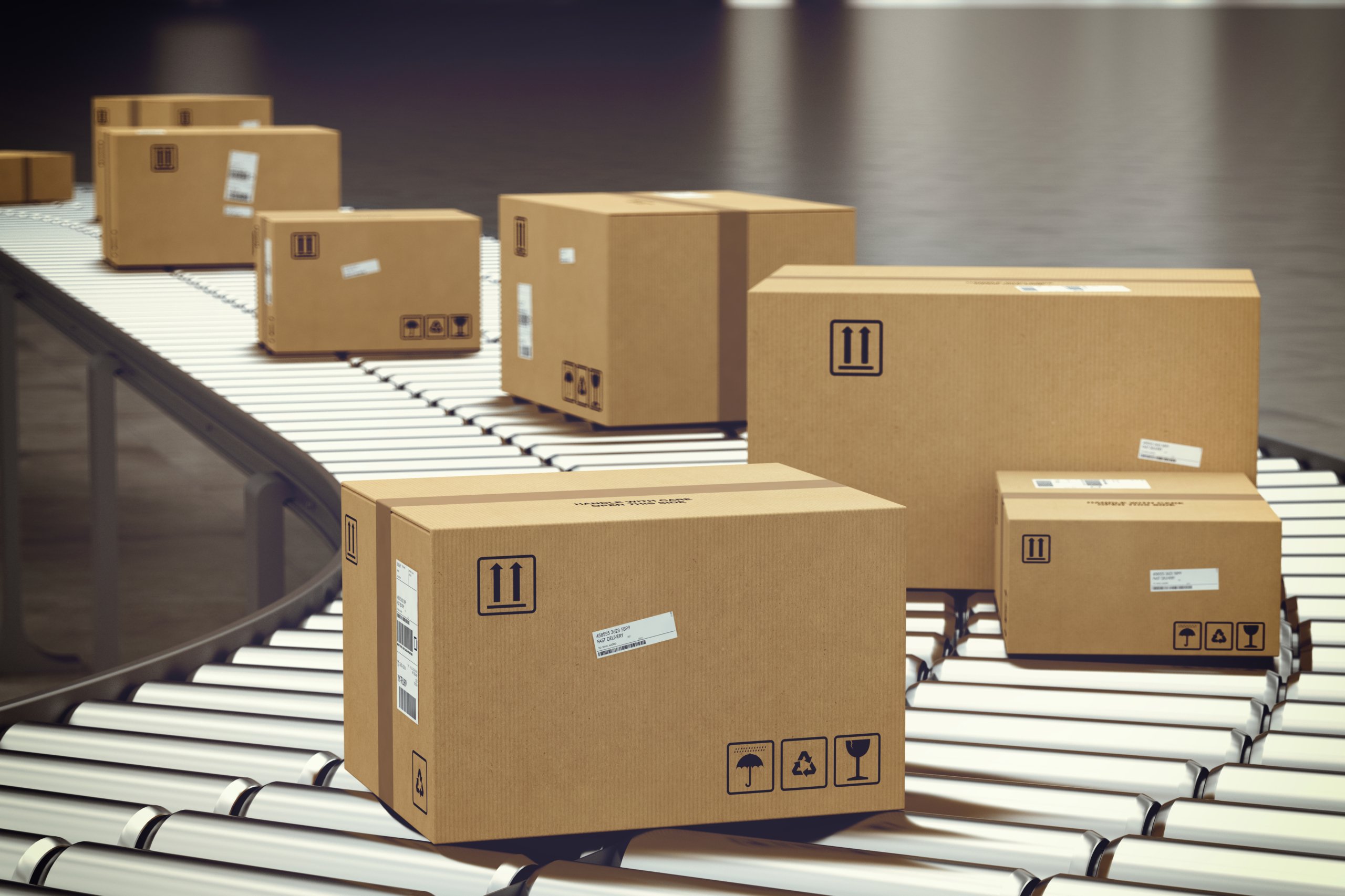More than ever, the modern, digital-first B2B customer expects their B2B e-commerce experiences to mirror their experiences as consumers. That means speed, price transparency, personalization, seamless omnichannel experiences, and increasingly — self-service at checkout. This year, as more and more B2Bs come online to survive, self-service will become the rule, rather than the exception. How can B2B sellers stay relevant to their customers in the face of an increasingly digitized sales funnel?
Why self-service?
In a recent McKinsey report comparing survey results from B2B buyers in 2016 vs. 2019, a strong preference for self-service channels over directed was noted at practically every stage of the customer decision journey. That included Research (up 90% from 2016), Evaluation (up 120% from 2016), and Ordering and Reordering (both up 30% from 2016). While human touch still matters, self-service gives the buyer the kind of control over their shopping experience they’ve grown accustomed to as consumers.
Reimagining the B2B sale
But for some B2B salespeople, making the transition to self-service will require a change not only in mindset but in approach. If the older, traditional model prioritized the number of sales closed, the self-service model will make both efficiency and customer loyalty the primary objectives. While some manufacturers, vendors and distributors may view e-commerce as a threat to their long standing customer relationships, it’s quite the opposite, as optimizing digital channels can arm them with new insights that help to ultimately deliver a more satisfying customer experience. Indeed, McKinsey found that suppliers who provided the best, most frictionless digital experiences were 70% more likely to be selected as a customer’s primary supplier than those providing only “fair” experiences.
Reaching today’s buyers at the right moment
Because today’s B2B salesperson finds more value as a trusted consultant — sharing best practices, addressing pain points, and providing expertise at the points in the journey when the customer is ready to engage, there’s more emphasis on repeat purchases and establishing a strong relationship as a preferred supplier. That might mean engaging over live chat while a customer is shopping or researching, sending automated messages to users who have abandoned their shopping cart, or offering to set up a product demo, trial or walk through during the evaluation phase.
Delivering frictionless, self-service experiences
With an increasing number of sales going DTC, B2B sellers must look for opportunities to reach customers at the right touchpoints to avoid getting cut out of the sales funnel altogether. Manufacturers, distributors and wholesalers are still too often getting held up by spending manhours on repetitive, time-intensive, and low value activities like inventory or order management.
To remedy these pain points, B2B sellers need to be investing in the right tools and technologies that can make selling easier and more frictionless, delivering on the kinds of experiences today’s B2B buyer demands (and freeing them up to spend their time on more high-value services). That means making sure you are selling on a digital platform that provides the kind of actionable, trackable insights and revenue intelligence you need to stay nimble in a crowded, competitive field, using E-commerce platforms built and dedicated for B2B (rather than adapted from a B2C model), and implementing SaaS solutions that can be adopted without lengthy onboarding or costly integrations, such as shoppable online catalogs.
Self-service can be used for a number of events in the B2B sales funnel, including checking order status, paying invoices, paying out commissions, checking or tracking inventory, ordering and reordering, requesting samples and more. Bottom line: with the right platform in place, B2B sellers can help make self-service a reality for their customers, improving customer experience and growing their revenues.
2021 is poised to be another year full of unpredictable challenges and surprises, but the future of B2B e-commerce seems on track to remain dominated by digital. Salespeople who can opportunize the changing landscape will find themselves at the head of the pack as we write this new chapter in digital commerce history.
Get a Free Demo of OneMart
Ready to see what an e-commerce platform that was built for B2B can do for your revenues? Get a free demo of OneMart, Aleran’s e-commerce store builder, and see for yourself how easy it is to create custom, secure and professional B2B websites and shoppable catalogs.


